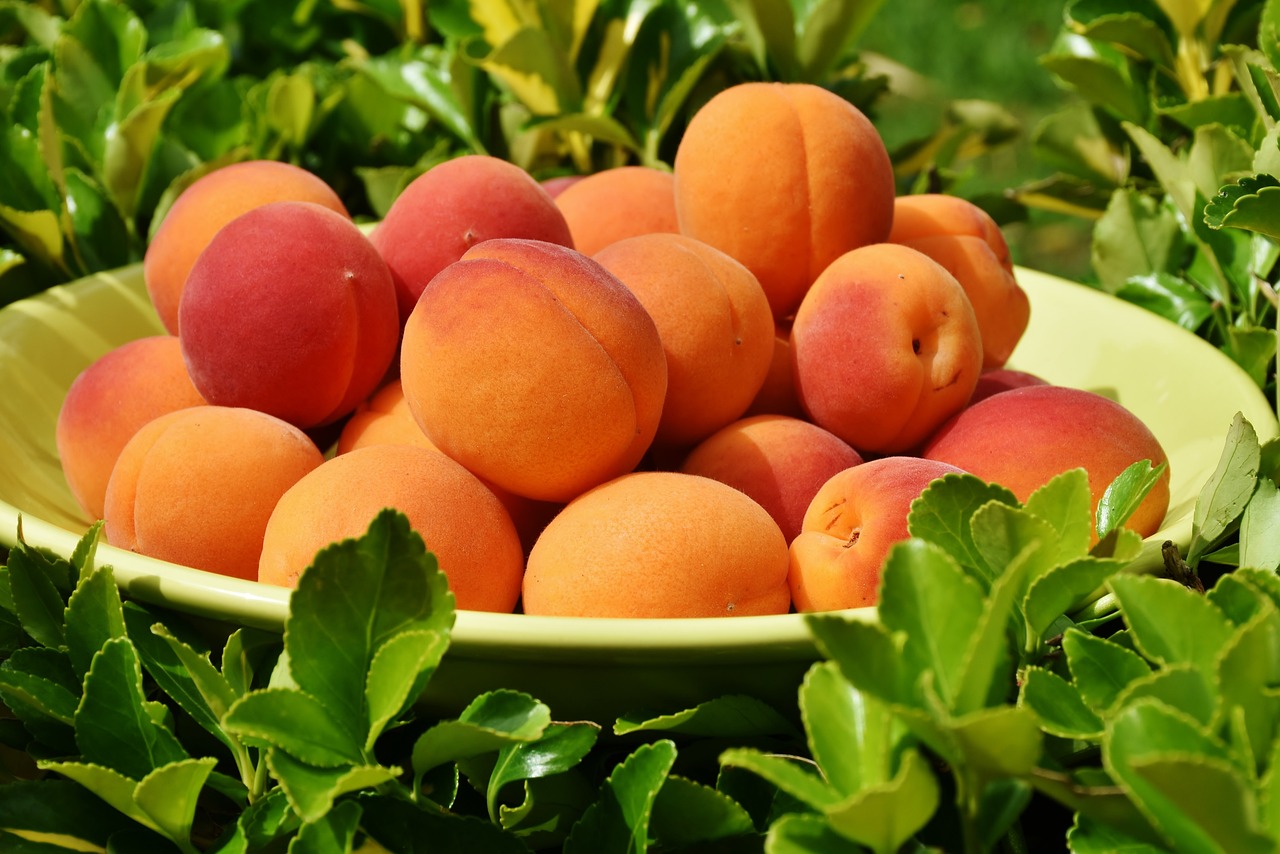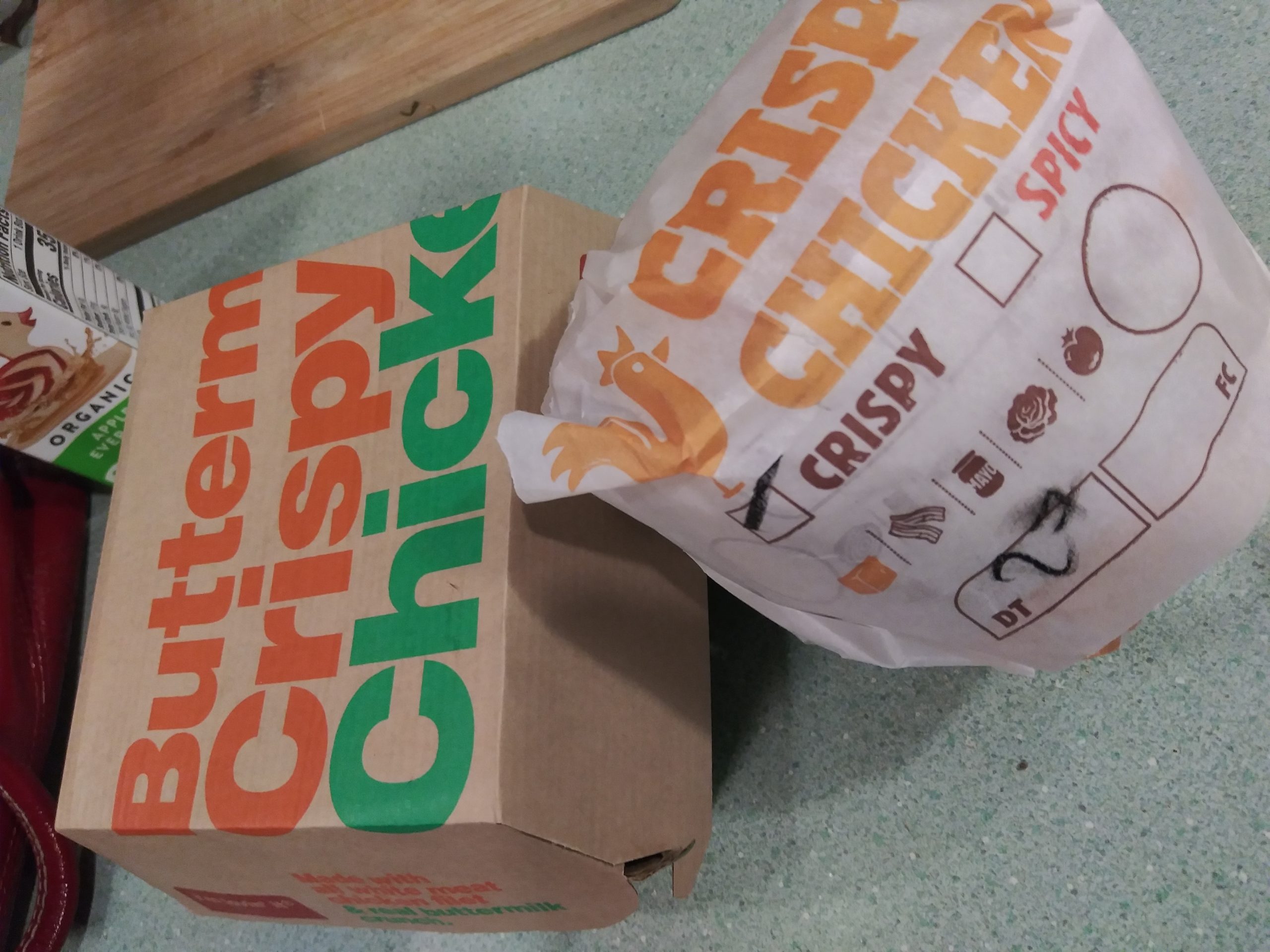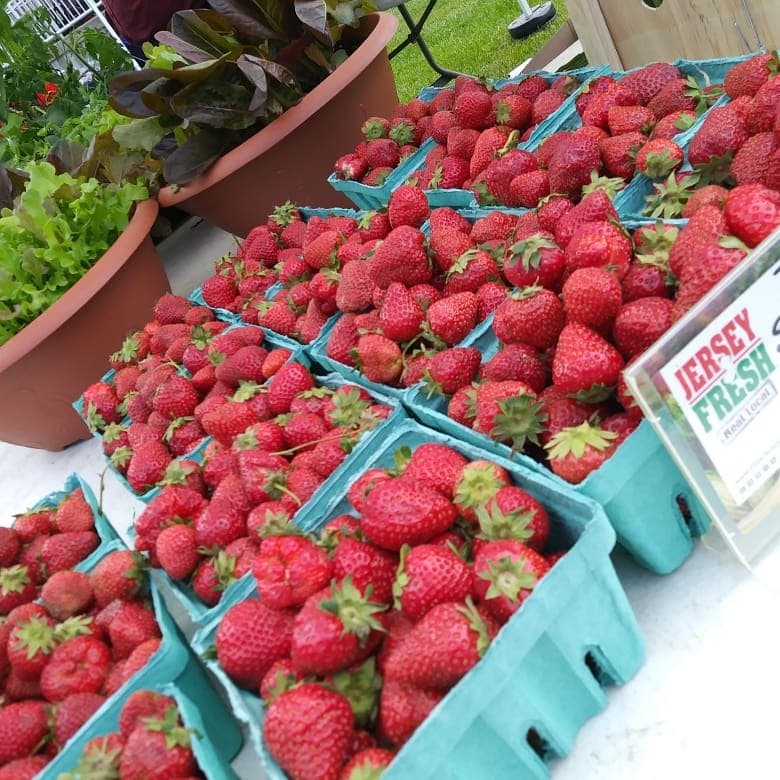 By Kathleen Harvey, Owner, Plant Artistry, LLC
By Kathleen Harvey, Owner, Plant Artistry, LLC
Citrus are very special plants. Not only are they beautiful evergreen trees with lush, green foliage, but they have heavenly fragrant blossoms in the spring and delicious fruit in the fall.
Fruit begins to appear in the spring; and as they mature, they help to provide visual interest for the remainder of the year. Citrus trees provide edible fruit to enjoy in beverages, in cooking, and plucked right off the tree.
Dwarf citrus trees are especially suited for container growing, as they can be kept at manageable sizes. Container growing allows gardeners to overcome poor soil conditions, limited space in a landscape, or as a way to surmount cold weather in the winter. In our zone seven climate, container growing is necessary, since citrus trees are tender and cannot take a hard frost.
Generally, the best citrus for container growing are the naturally small varieties, such as “Improved Meyer” lemon, “Bearss” or “Key” lime, “Satsuma” mandarin, and kumquat. These varieties are more likely to remain both healthy and productive in containers for several years.
Alternatively, choose any citrus that is grafted to Flying Dragon (Hiryu) rootstock. Any citrus growing on this rootstock will be significantly dwarfed, thereby extending its useful life in a container.
Select the right size pot with adequate drainage holes for the tree. A two- or three-year-old citrus tree typically wants to grow in about a 12” diameter nursery pot, commonly referred to as a “five gallon.” Plant the tree so the root collar is slightly above the soil line and the top of the fibrous root mass is just below the soil surface. Make sure that soil or mulch is not pushed up against the trunk of the tree. Garden soil, even good garden soil, is not recommended for container citrus. What is just fine in the ground won’t work in a container. Once confined in a container, most garden soils become too dense and water drains too slowly, which can smother roots. Use a soil mix that is lightweight and drains well. Citrus soil can be easily mixed: five parts ground pine or fir bark; one part peat based mix with perlite like Promix; and one part compost. Water in thoroughly.
Once the roots have settled, use organic fertilizers applied to the soil surface, rather than mixing fertilizer into the soil or using plant stakes. This avoids any risk of burning the roots. Good organic fertilizers include fish emulsion, blood meal, coffee grounds, Epsom salts, and Azomite for micro-nutrients. Synthetic fertilizer is fine for flowers, but not recommended for food crops. Apply fertilizer weekly until late summer.
Develop a watering schedule so the roots maintain even moisture, but are not waterlogged. Plants in containers generally require more frequent watering than the same plants in open soil, and citrus are no exception. Especially during hot, dry, or windy weather, daily watering may be necessary. The basic rule is to soak the root ball thoroughly until water drains out the bottom once the top two to three inches of soil are dry. Water citrus trees before the leaves show wilting, and when the roots have reached about 50 percent dryness. In some situations, water will drain out the bottom of the pot without soaking the root ball. This happens when the root ball dries and shrinks slightly, pulling away from the edges of the container. The water moves down the gap without re-wetting the roots. To help re-wet the dried root ball, place three or four drops of a mild dish soap on it. The soap will help the water soak in so the root ball can expand to fill the container again. Wooden chop sticks or disposable shish kabobs make good moisture meters. Elevate pots above standing drainage water. Provide eight or more hours of direct sunlight per day. If less than six hours of natural full sun is provided, supplement with grow lights, especially during the winter months.
Citrus benefit from summering outdoors, where they can receive the maximum amount of sun and rain water. Citrus can be a bit demanding, but winter harvests of homegrown citrus fruits are well worth the trouble.
Fresh OJ anyone?


